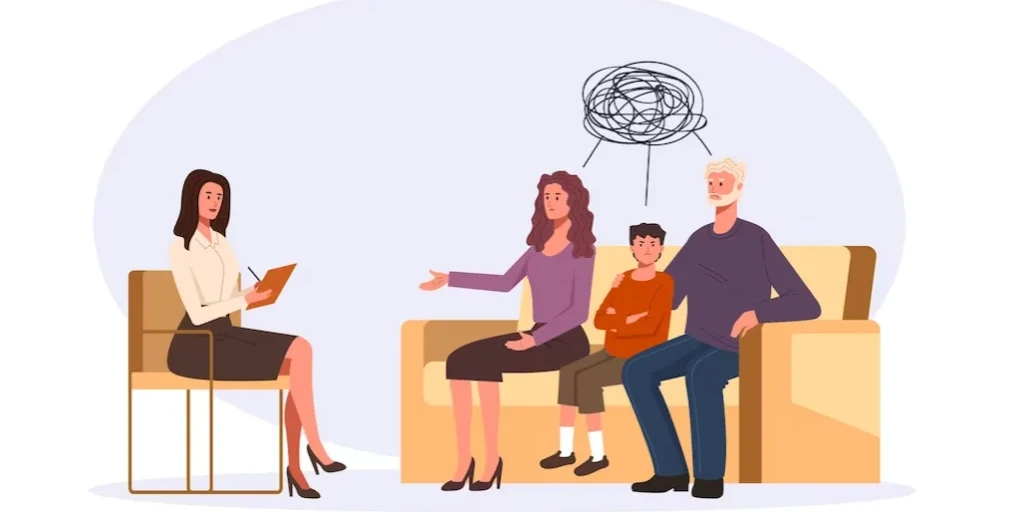24/7 Helpline:
(866) 899-221924/7 Helpline:
(866) 899-2219
Learn more about Medication-assisted Treatment centers in Osage County

Other Insurance Options

WellPoint

BlueCross

Multiplan

American Behavioral

BHS | Behavioral Health Systems

Oxford

Covered California

CareFirst

CareSource

Medical Mutual of Ohio

Evernorth

Absolute Total Care

AllWell

Excellus

Holman Group

Premera

State Farm

Anthem

WellCare Health Plans

Group Health Incorporated

Osage Nation – Primary Residential Treatment Center
Osage Nation- Primary Residential Treatment Center is a drug and alcohol residential program run by ...


















































































Edwin Fair Community Mental Health Center – Outpatient
Edwin Fair Community Mental Health Center – Outpatient is a private rehab located in Pawhuska, Oklah...



























































